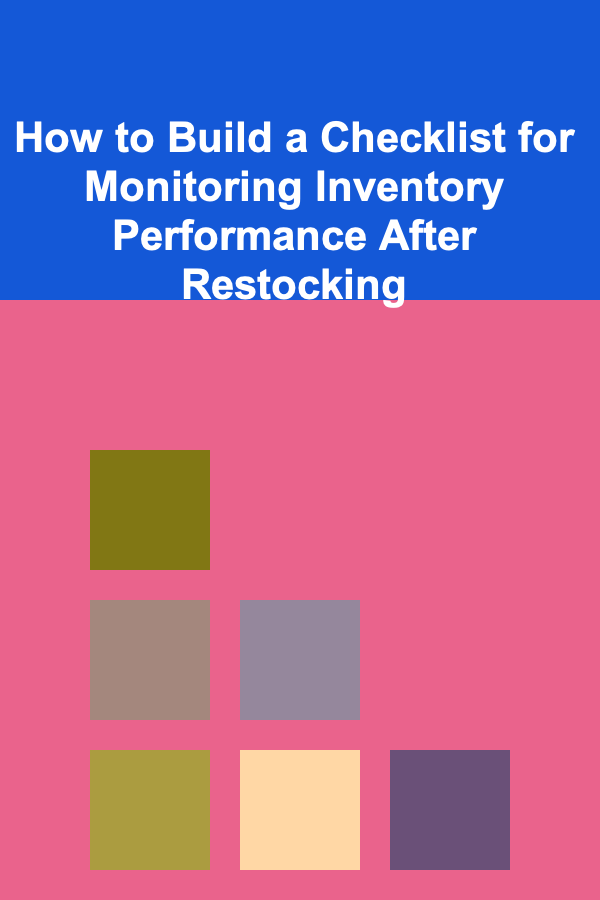
Healthy Breakups, Healthy Futures: Moving On with Grace
ebook include PDF & Audio bundle (Micro Guide)
$12.99$6.99
Limited Time Offer! Order within the next:

Breakups are often difficult, emotionally taxing experiences. The end of a relationship can feel like the end of a chapter, leaving individuals questioning their worth, their future, and the lessons learned. While breakups are undeniably painful, they are also opportunities for growth, reflection, and healing. The way we process and move on from breakups shapes our future, not just in relationships, but in how we view ourselves and the world.
In this article, we'll explore the emotional impact of breakups, discuss how to navigate the grieving process, and offer practical advice for healing and moving forward with grace. Whether you're dealing with the end of a romantic relationship, a friendship, or any other meaningful connection, this guide will help you embrace the emotional challenge and emerge stronger on the other side.
The Emotional Impact of Breakups
Before we dive into strategies for healing, it's important to acknowledge the emotional complexity of breakups. Whether the relationship ended suddenly or after a long period of struggle, the emotional toll can be overwhelming. Here are some of the common emotional responses to a breakup:
1. Grief and Loss
At the heart of any breakup is a sense of loss. You may grieve the future you envisioned with your partner, the time spent together, and the emotional connection you once shared. This grief can manifest in many ways, including sadness, anger, confusion, and even physical symptoms like fatigue or lack of appetite.
2. Self-Doubt and Low Self-Esteem
When a relationship ends, it's natural to question your worth or the reasons behind the breakup. Did you do something wrong? Were you not good enough? These thoughts can lower self-esteem and create feelings of inadequacy. It's essential to recognize that breakups are often a reflection of incompatibility, not a personal failing.
3. Anger and Resentment
Anger is another common emotion during a breakup, especially if you feel betrayed, hurt, or rejected. You might harbor resentment toward your ex-partner, or even towards yourself for staying in the relationship for too long. It's important to acknowledge these feelings, but also to work through them in a healthy manner to avoid them affecting your future relationships.
4. Confusion and Uncertainty
The ending of a relationship often brings a sense of confusion about what comes next. You may feel uncertain about your future, your identity, or your direction in life. It's common to question how you'll navigate life without your partner and what this means for your future.
5. Loneliness
Feeling lonely after a breakup is inevitable, especially if you were deeply connected to your partner. The absence of companionship, shared experiences, and emotional intimacy can leave you feeling isolated. However, this loneliness can also be an opportunity for self-discovery and personal growth.
Navigating the Grieving Process
Grieving after a breakup is a deeply personal experience. While there is no set timeline for healing, it's important to allow yourself to fully experience and process the emotions associated with the breakup. Suppressing or ignoring your feelings can lead to unresolved pain and hinder your ability to move forward. Here are some ways to navigate the grieving process:
1. Acknowledge Your Emotions
It's essential to honor your emotions and give yourself permission to grieve. Whether you feel sadness, anger, confusion, or relief, all of your feelings are valid. Avoid dismissing or invalidating your emotions by telling yourself to "move on" too quickly. Instead, embrace them, allowing yourself to feel fully, without judgment.
2. Express Your Feelings
Sometimes, the best way to process difficult emotions is to express them. Writing in a journal, talking to a trusted friend or therapist, or even engaging in creative outlets like painting or music can help you release and process your feelings. Verbalizing your thoughts can provide clarity and prevent emotional baggage from building up.
3. Take Time for Self-Care
During the grieving process, it's crucial to take care of yourself. This can involve physical self-care, such as getting enough sleep, eating well, and exercising, as well as emotional self-care, such as meditating, taking long walks, or engaging in activities that bring you peace. Practicing self-care helps you regain balance and strength during this difficult time.
4. Avoid Reaching Out to Your Ex Too Soon
While it may be tempting to reach out to your ex for closure or reassurance, doing so too soon can prolong the healing process. Constant contact can also prevent you from gaining the distance needed to emotionally detach from the relationship. Give yourself time and space to heal before deciding whether or not to maintain any form of contact.
5. Seek Professional Support
Sometimes, the emotions surrounding a breakup can be too overwhelming to manage on your own. Speaking with a therapist or counselor can provide you with valuable tools for coping, as well as help you gain perspective on your situation. Therapy can also help you address any underlying emotional wounds that may have been triggered by the breakup.
Practical Strategies for Healing and Moving On
Healing from a breakup takes time, but there are specific strategies you can implement to make the process smoother and more effective. These strategies will help you regain your confidence, learn from the experience, and build a healthier relationship with yourself and others moving forward.
1. Reflect on the Relationship
While it's painful, reflecting on the relationship and the breakup can help you gain insight into what worked and what didn't. Consider the lessons learned from the relationship and how you can apply them in future connections. This process can also help you gain clarity on your needs and desires, making it easier to avoid repeating past patterns.
Questions to Ask Yourself:
- What were the positive aspects of the relationship?
- What were the challenges or red flags?
- How did I contribute to the relationship's dynamics?
- What did I learn about myself during the relationship?
2. Create a New Routine
After a breakup, your daily routine is likely to feel disrupted. Establishing a new routine can help you regain a sense of normalcy and purpose. Try new activities, pick up hobbies you've neglected, or challenge yourself to learn something new. A new routine will keep you focused on the present and your future, rather than dwelling on the past.
3. Focus on Personal Growth
Breakups provide a unique opportunity for personal growth. Use this time to focus on your own well-being and development. Set new goals, whether related to your career, health, or personal interests. This will help you rediscover your passions, boost your self-esteem, and ultimately create a stronger foundation for future relationships.
4. Surround Yourself with Positive Support
During the healing process, it's important to surround yourself with people who uplift and support you. Spend time with friends and family who make you feel loved and appreciated. Positive social interactions can help you rebuild your confidence and remind you of your worth. Avoid toxic relationships or people who encourage negativity or self-pity.
5. Give Yourself Permission to Move On
One of the most important steps in healing from a breakup is to give yourself permission to move on. This doesn't mean forgetting the relationship or pretending it never mattered; rather, it means accepting that the relationship has ended and allowing yourself to look forward to new opportunities. Moving on is a gradual process, but it starts with making the decision to release the past and embrace your future.
6. Don't Rush Into a New Relationship
While it may be tempting to jump into a new relationship to fill the void left by your breakup, this can be detrimental to your emotional health. Rushing into a new relationship can prevent you from fully healing and learning from the past. Take the time you need to process your emotions and heal before opening yourself up to new romantic possibilities.
Moving On with Grace
Moving on from a breakup doesn't mean erasing the past---it means accepting it, learning from it, and stepping forward with grace. As you heal, you'll gain new insights into yourself, your desires, and what you want from future relationships. It's normal to feel a mix of emotions, but over time, the pain will subside, and you'll be able to look back at the relationship with a sense of gratitude for the lessons it taught you.
Healing from a breakup is not about forgetting; it's about evolving. It's about embracing the opportunity for personal growth, rediscovering your sense of self, and welcoming the future with open arms. By moving on with grace, you create space for new possibilities---whether it's a new relationship, a new chapter in your life, or a deeper understanding of who you are and what you want.
In the end, healthy breakups lead to healthy futures. The process may be difficult, but it ultimately brings you closer to the person you are meant to become.

How to Build a Checklist for Monitoring Inventory Performance After Restocking
Read More
How To Build a Powerful Online Portfolio
Read More
How to Create a Bookkeeping Checklist for Small Business Owners
Read More
How to Design a Party Menu That Will Wow Your Guests
Read More
How To Think in Your Target Language
Read More
How to Plan a Picnic with Toddlers
Read MoreOther Products

How to Build a Checklist for Monitoring Inventory Performance After Restocking
Read More
How To Build a Powerful Online Portfolio
Read More
How to Create a Bookkeeping Checklist for Small Business Owners
Read More
How to Design a Party Menu That Will Wow Your Guests
Read More
How To Think in Your Target Language
Read More